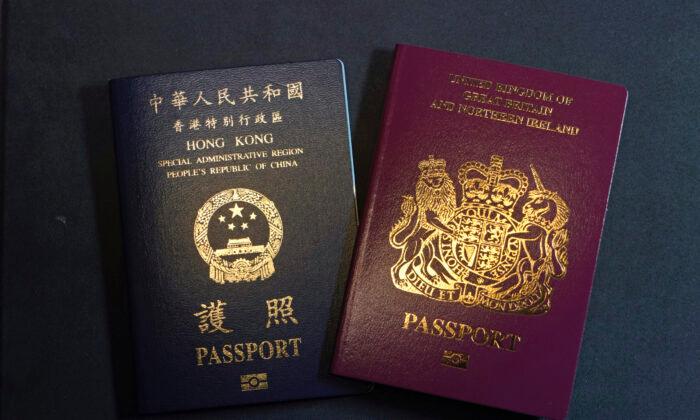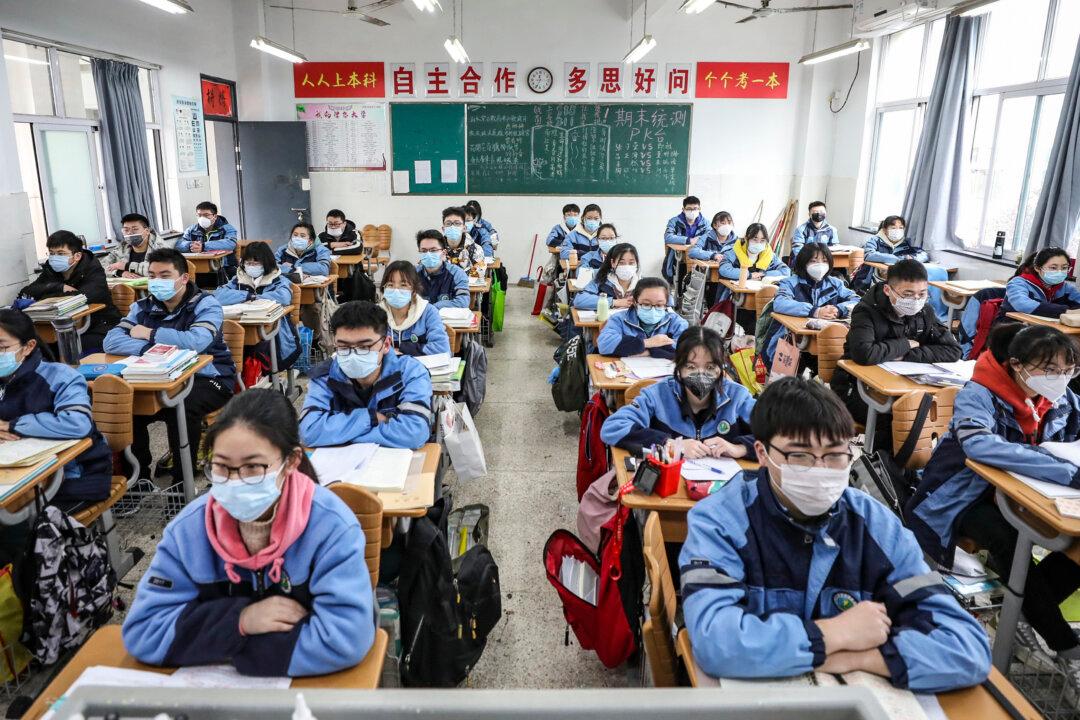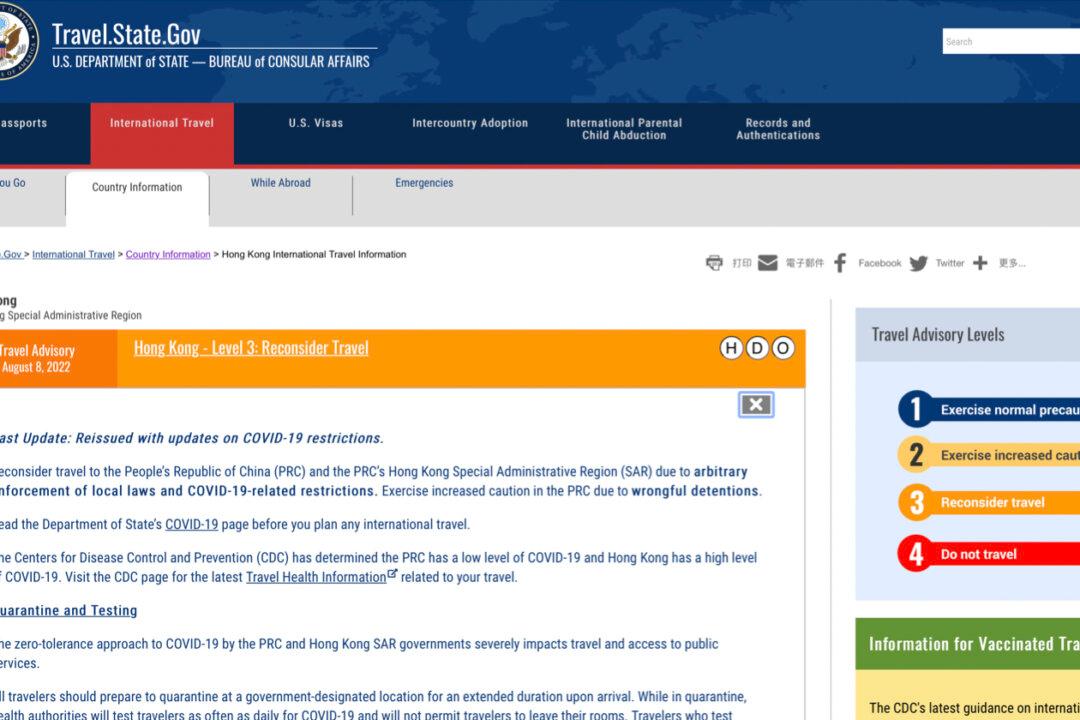Overseas study has always been popular for Hong Kong students who want to enter higher education. Some countries have implemented “lifeboat” and “safe haven” programs recently and provided Hong Kong students with more favorable conditions for immigration and even naturalization.
The following summarizes information on the tuition, living expenses, and naturalization requirements for Hong Kong students’ five most popular destinations: New Zealand, the United Kingdom, Canada, Australia, and the United States.




